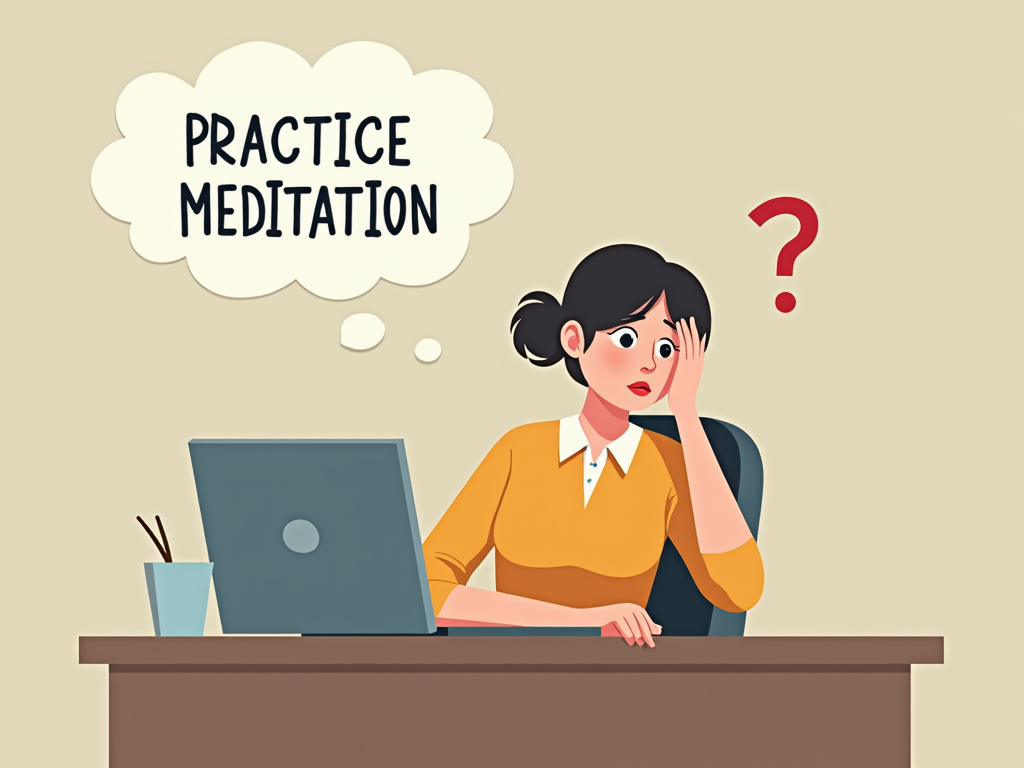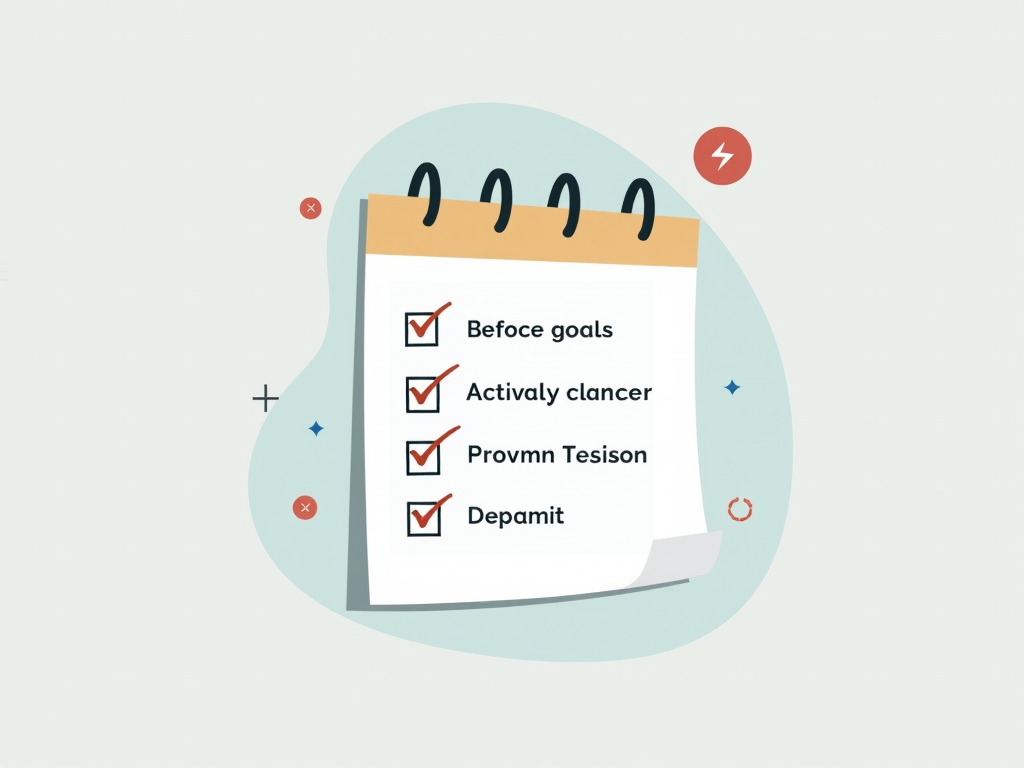Wellness programs are comprehensive initiatives designed to enhance physical, mental, and emotional health. They are increasingly popular in workplaces, communities, and online platforms, offering a variety of activities tailored to different needs and preferences. For beginners, understanding the fundamentals of wellness programs is crucial. This article delves into what wellness programs entail, their myriad benefits, and practical steps to get started. Whether you're looking to adopt an active lifestyle, reduce stress, or simply improve your overall well-being, this guide will provide you with the knowledge and tools to embark on your wellness journey.

Wellness programs encompass a broad spectrum of activities and resources aimed at promoting health and well-being. These can include fitness challenges, nutrition workshops, mental health seminars, and more. For beginners, the sheer variety can be overwhelming, but it's important to remember that wellness is a personal journey. Start by identifying your goals and interests. Are you looking to increase your physical activity, manage stress, or improve your diet? Once you have a clear idea of what you want to achieve, you can seek out programs that align with those goals.
An active lifestyle is a cornerstone of many wellness programs. But what does it mean to live actively? It's not just about intense workouts or marathon training. An active lifestyle can be as simple as incorporating more movement into your daily routine. This could mean taking the stairs instead of the elevator, going for a walk during your lunch break, or trying a new sport or hobby. The key is to find activities that you enjoy and can sustain over time. Regular physical activity has numerous benefits, including improved cardiovascular health, better mood, and reduced risk of chronic diseases.

Stress reduction is another critical component of wellness programs. In today's fast-paced world, stress is a common issue that can have serious health implications if not managed properly. Wellness programs often offer resources like mindfulness workshops, meditation sessions, and stress management techniques. For beginners, starting with simple practices like deep breathing exercises or short meditation sessions can be highly effective. These techniques can help you develop resilience to stress and improve your overall mental health.
Physical activity programs are a specific subset of wellness programs that focus on exercise. These can range from group fitness classes like yoga or Zumba to personalized workout plans tailored to your fitness level and goals. If you're new to exercise, it's important to start slow and listen to your body. Begin with low-impact activities like walking or swimming, and gradually increase the intensity as you build strength and confidence. Many wellness programs provide guidance and support to help you navigate this process safely.

Nutrition is another vital aspect of wellness. Many programs offer education on healthy eating habits, meal planning, and even cooking classes. Understanding the basics of nutrition can empower you to make better food choices. For beginners, small changes can make a big difference. Try incorporating more whole foods like fruits, vegetables, and whole grains into your diet, and reducing your intake of processed foods and sugary drinks. Remember, it's not about perfection but progress.
Community support is a significant benefit of participating in wellness programs. Being part of a group with similar goals can provide motivation, accountability, and a sense of belonging. Whether it's a workplace wellness challenge, a community fitness class, or an online support group, connecting with others can make your wellness journey more enjoyable and sustainable. Don't hesitate to reach out and engage with others; you might be surprised at how much you can learn and grow together.

For those just starting out, it can be helpful to seek out resources and support. Many wellness programs offer introductory sessions or beginner-friendly activities. Additionally, there are countless online resources, apps, and communities that can provide guidance and inspiration. Don't be afraid to ask for help or advice from more experienced participants. Remember, everyone starts somewhere, and the wellness community is generally very supportive and welcoming.
It's also important to recognize that wellness is a personal journey. What works for one person may not work for another. Be open to trying different activities and approaches until you find what feels right for you. The goal is to create a sustainable lifestyle that supports your health and well-being. Don't get discouraged if something doesn't work out; instead, view it as an opportunity to learn and adjust your approach.

As someone who has participated in various wellness programs, I can attest to their transformative power. When I first started, I was overwhelmed by the options and unsure where to begin. But by setting small, achievable goals and seeking support from the community, I was able to make significant progress. For example, I joined a workplace walking challenge, which not only helped me increase my physical activity but also allowed me to connect with colleagues in a new way. The sense of camaraderie and shared purpose was incredibly motivating.
Another personal experience was attending a stress management workshop. I learned simple techniques like progressive muscle relaxation and guided imagery, which I still use today when I feel overwhelmed. These tools have been invaluable in helping me maintain my mental health.
I also experimented with different physical activity programs, from yoga to strength training. While not every activity was a perfect fit, each one taught me something about my body and preferences. I discovered that I enjoy outdoor activities like hiking and cycling, which have become staples in my wellness routine.
Nutrition was another area where I saw significant improvements. By attending nutrition workshops and learning about balanced eating, I was able to make healthier choices without feeling deprived. Small changes, like swapping out soda for water and adding more vegetables to my meals, made a noticeable difference in my energy levels and overall health.
Through these experiences, I've learned that wellness is not a one-size-fits-all approach. It's about finding what works for you and being willing to adapt as your needs change. The support and resources provided by wellness programs can be a game-changer, especially for beginners.
In conclusion, wellness programs offer a wealth of benefits for beginners. From promoting an active lifestyle and reducing stress to providing community support and education, these programs can be a valuable tool in your health journey. Remember to start slow, set realistic goals, and be open to trying new things. With consistency and support, you can create a healthier, happier life.
Discuss Here